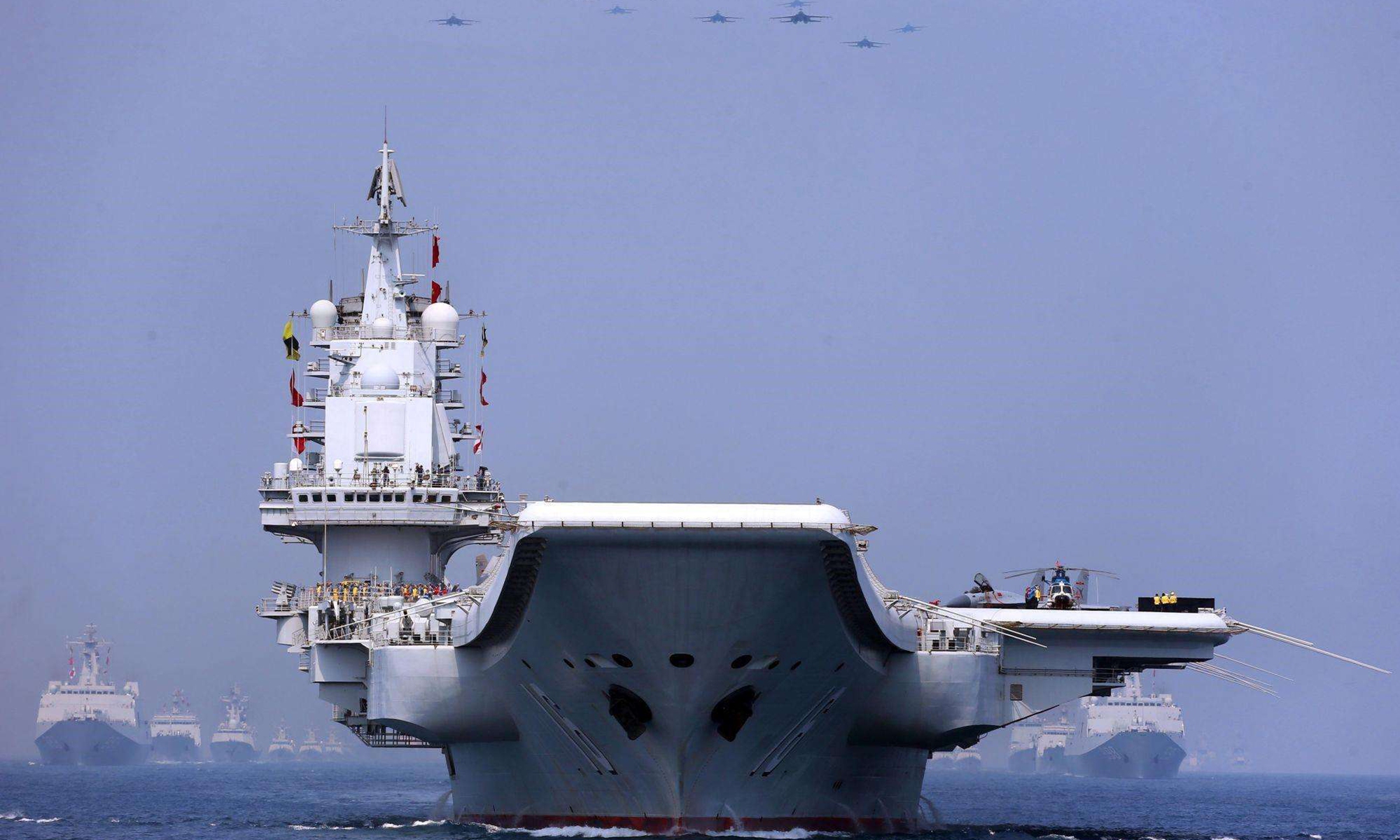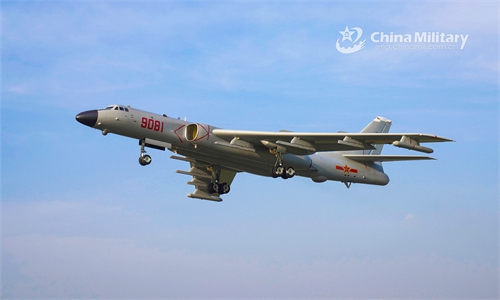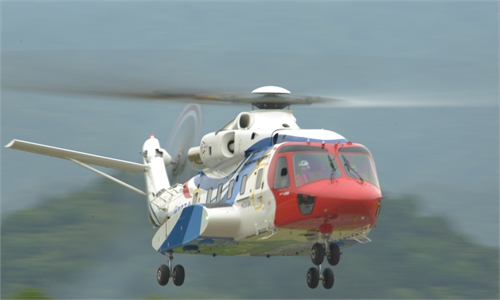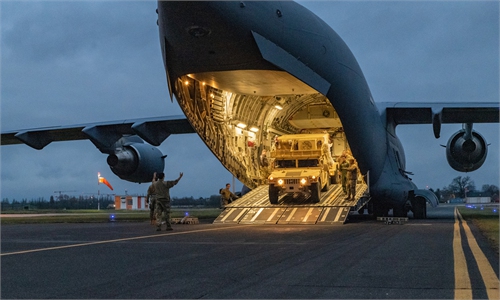PLA Navy's Liaoning carrier group returns from West Pacific after 'longest, most sortie-intensive' exercise

The picture shows the aircraft carrier Liaoning (Hull 16) and other vessels and fighter jets in the maritime parade conducted by the Chinese People's Liberation Army (PLA) Navy in the South China Sea on the morning of April 12, 2018.Photo:China Military
The Liaoning aircraft carrier group of the Chinese People's Liberation Army (PLA) Navy has reportedly returned to the East China Sea from its far sea training, and with over 300 aircraft sorties in some 20 days, the mission marked the longest and most sortie-intensive exercise by the Chinese carrier in the West Pacific, displaying the PLA's capabilities to deal with potential US or Japanese intervention in the Taiwan question amid wrong remarks made by the two countries.
A total of seven PLA Navy vessels - the aircraft carrier Liaoning, the Type 055 large guided missile destroyer Nanchang, the Type 052D guided missile destroyers Xining, Urumqi and Chengdu, the Type 054A guided missile frigate Xiangtan and the Type 901 comprehensive supply ship Hulunhu - were spotted sailing through the waters between Okinawa Island and Miyako Island headed toward the East China Sea on Saturday, Japan's Ministry of Defense Joint Staff said in a press release on Sunday.
The Type 052C guided missile destroyer Zhengzhou took a similar path and entered the East China Sea on Friday, according to another press release by Japan's Ministry of Defense Joint Staff on the day.
Analysts said it means that all eight known warships in the Liaoning aircraft carrier group that sailed to the West Pacific for a routine far sea training exercise on May 1 have returned to the East China Sea, and the whole exercise is expected to conclude soon after the vessels return to their home ports.
Japanese Defense Minister Nobuo Kishi said at a press conference on Friday that the Liaoning carrier had hosted more than 300 fighter jet and helicopter sorties in waters south of Okinawa since the start of May, and the drills were likely intended to enhance the PLA Navy's combat capabilities in far sea regions like the Pacific Ocean.
Several Japanese press releases throughout the Liaoning's drills showed that J-15 fighter jets as well as Z-9 and Z-18 helicopters conducted cross-day-and-night flight exercises on the aircraft carrier.
Intensive aircraft sorties indicated a high combat capability by the aircraft carrier group, Song Zhongping, a Chinese military expert and TV commentator, told the Global Times on Monday.
The Liaoning's drills also train personnel and accumulate experience for China's second aircraft carrier, the Shandong, as well as more new carriers to come, Song said.
Since the PLA Navy suggested a "third child" was coming to China's aircraft carrier program in a promotional video in April, it has been widely believed that the country's third aircraft carrier, much larger than the previous two and equipped with electromagnetic catapults, will be launched in the coming months.
US President Joe Biden said on Monday in Tokyo that the US would intervene militarily if the Chinese mainland were to reunify with the island of Taiwan by force, AP reported on the day.
Japan and the US "will monitor recent activities of the Chinese navy as well as movements related to joint exercises by China and Russia," Japanese Prime Minister Fumio Kishida said on Monday after talks with Biden, media reported.
The location of the Liaoning aircraft carrier group's training was to the east of the island of Taiwan and south of Japan, and from there, the PLA can cut off possible reinforcements from foreign interference forces like the US and Japan, Song said.
With the growing capabilities of the PLA to safeguard China's national sovereignty and territorial integrity, the attempts by Taiwan secessionist and external interference forces to separate the island of Taiwan from China are doomed to fail, experts said.




